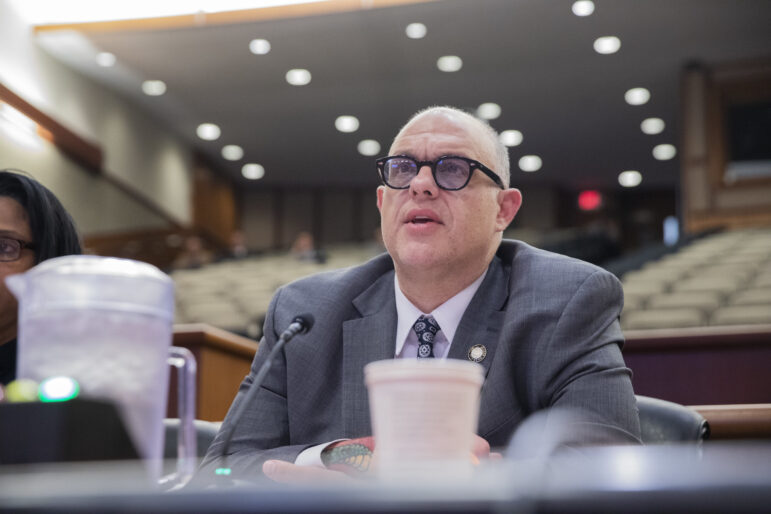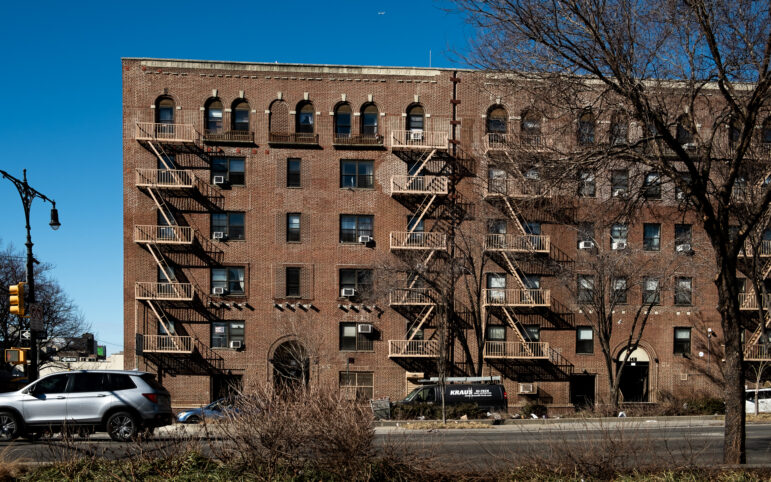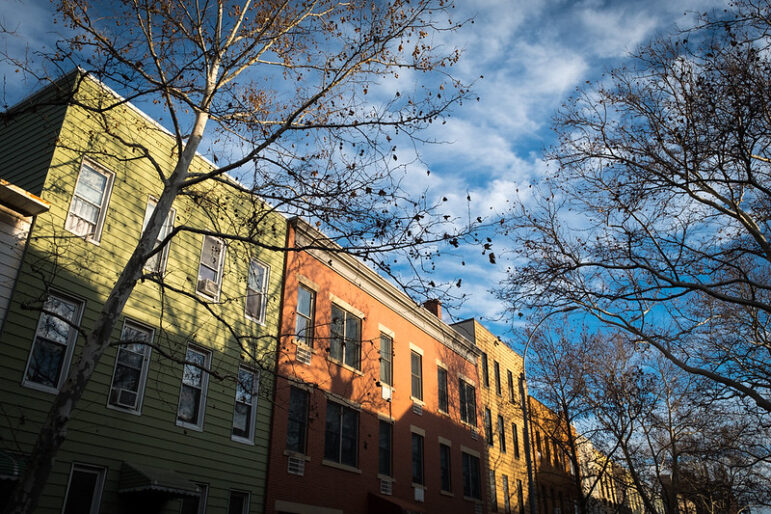As thousands of low-income families reach their five-year time limit on federal welfare benefits, the state of New York has stepped forward to protect Jiggetts, a rental subsidy that has prevented eviction for tens of thousands of families. Legal advocates for families on welfare are pleased with the state’s action, but they say the new ceiling placed on these rent payments is too low and could quickly lead to a rise in evictions.
“Jiggetts relief” arose from a 1987 lawsuit, in which Legal Aid lawyers convinced a judge that the state’s housing subsidies included in the basic welfare grant weren’t enough to pay New York City rents. Under Jiggetts, families receiving welfare who are unable to pay their rent can petition to receive a monthly supplement that covers the difference. Currently, about 16,000 families in the city get Jiggetts relief.
But under Jiggetts’ terms, only recipients of Family Assistance, the federally funded welfare program, are eligible to receive Jiggetts money. So as thousands of those families approached the end of their federal benefits on December 1 and then moved into the state’s new Safety Net program, tenants’ lawyers became concerned that their Jiggetts relief would evaporate.
It won’t. “The good news is the state is not fighting to end Jiggetts with time limits,” said Susan Bahn, a lawyer for the Legal Aid Society who has worked extensively on the Jiggetts cases. The state’s budget includes funds to cover families who lose their Jiggetts eligibility, and on November 30, the state Office of Temporary and Disability Assistance issued last-minute regulations for the new subsidy for families on Safety Net, the Temporary Supplemental Shelter (TSS) program.
While pleased with the commitment to extend Jiggetts, some legal advocates last week expressed concern that TSS might create a jump in evictions. The program’s guidelines cap back-rent payments at $3,000 per family. If a landlord waits until a tenant is several months behind in rent to sue, by the time a family seeks Jiggetts relief, its arrears can easily exceed $3,000.
The TSS rent payments also do not rise if the rent increases. “And that means really that anyone who’s on Jiggetts and receives a rent increase is evicted,” said Bob Bacigalupi, an attorney with Legal Services of New York City. The state defends the freeze, arguing that it reminds families that welfare benefits aren’t meant to last forever. “The restriction on modification of rent is designed to stress the temporary nature of public assistance,” OTDA spokesperson Jack Madden said via e-mail.
Legal Aid lawyers are currently negotiating with OTDA and asking the state to purge the more problematic requirements of TSS. If the state refuses to budge, Bahn says Legal Aid will bring a new lawsuit. “I’m cautiously optimistic we can get many of these problems ironed out,” she said. “But if not, then I’ll do my job.”








